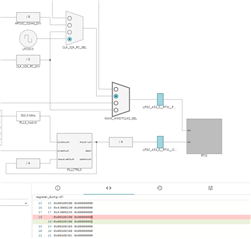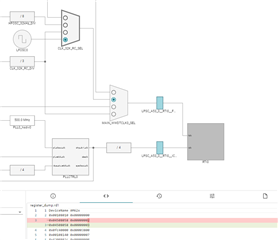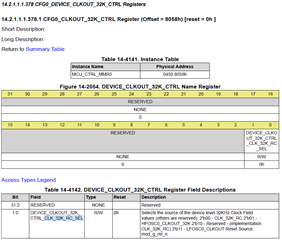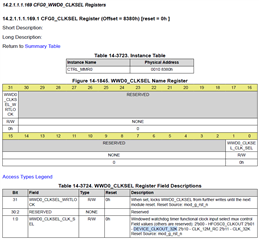continued from https://e2e.ti.com/support/processors-group/processors/f/processors-forum/1338070/am625-how-to-control-the-watchdog
Hi Nick,
I'm unable to get the watchdog to function in Linux with the V3 patch. The watchdog fails to reset the CPU when it's starved, despite testing with your provided test cases.
I'm currently using SDK version 9.01 and have backported the patch to this version of the driver, as the affected sections of the file haven't changed. I've also tested with the latest stable driver and patch combination without success.
This issue occurs on a custom board with an AM623 processor using SR1.0 HS-FS silicon. I've removed the main_rti2/3/15 instances from the k3-am62-main.dtsi file since this processor is dual-core without a GPU. With this change, Linux recognizes /dev/watchdog0 and /dev/watchdog1.
Interestingly, I could not reproduce the issue on an SK-AM62 EVM with the AM62X SR1.0 GP processor, where the V3 patch works fine. This suggests a potential issue specific to the AM623 variant of the processor.
Could you please try reproducing this issue on an AM623 part using the 9.01 SDK.
Thanks,
Aaron





